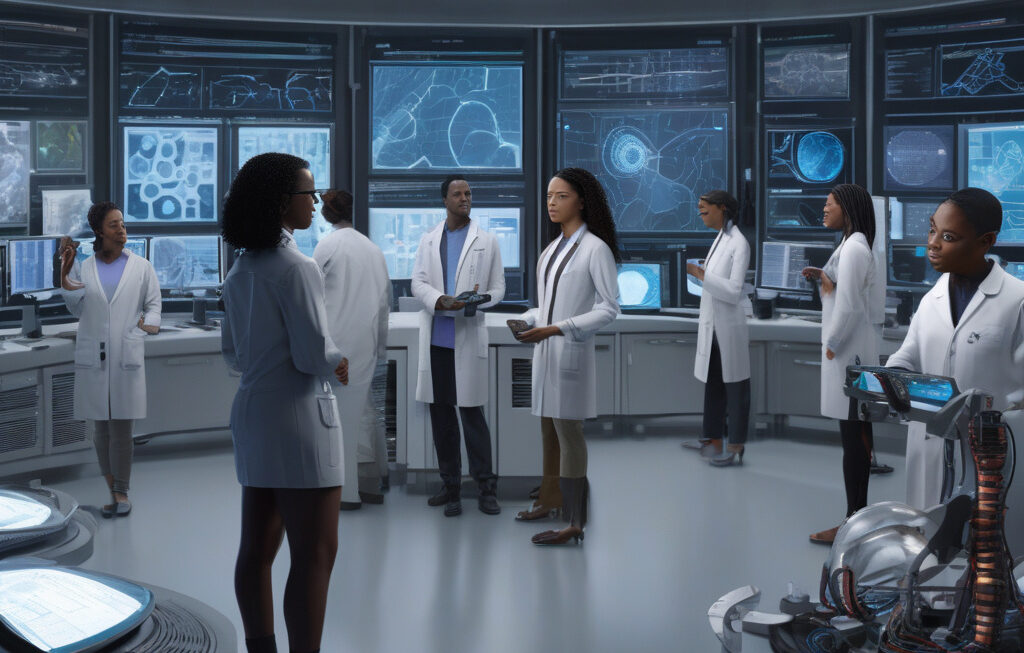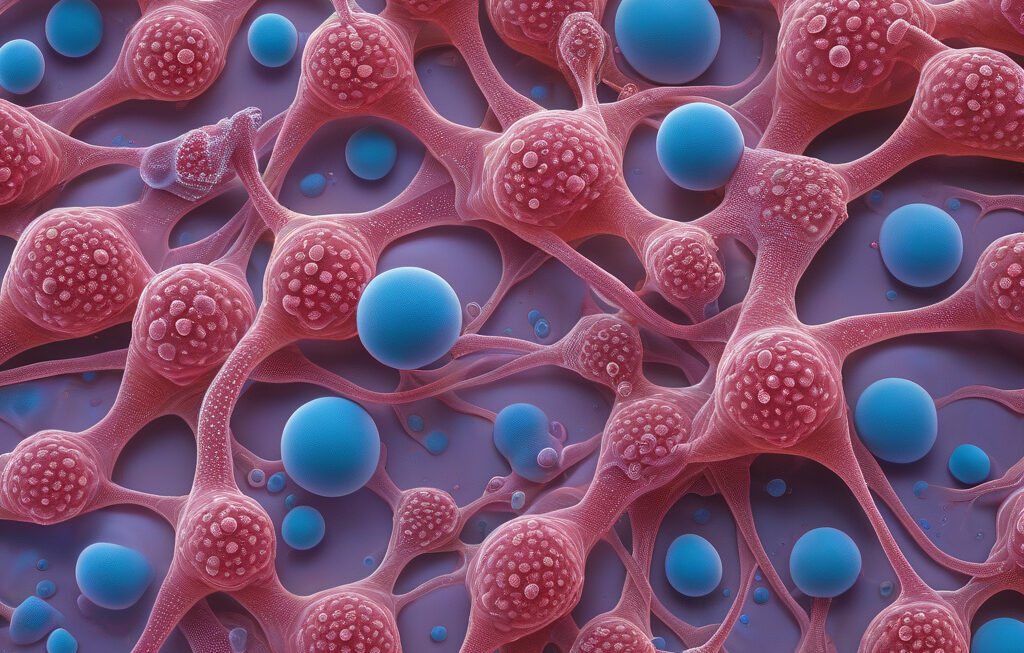AI Complements Human Work: Research Shows the Power of Collaboration
Artificial Intelligence (AI) has long been portrayed as a force that will replace human jobs, leading to fears of widespread unemployment and economic disruption. However, recent studies have shown that the relationship between AI and human workers is not one of replacement, but rather one of collaboration. Research indicates that AI has the potential to complement human roles, leading to increased productivity and efficiency in the workplace.
One of the key findings of these studies is that while AI has the ability to automate certain tasks, it is not equipped to perform the complex problem-solving and decision-making skills that are uniquely human. This means that rather than taking over jobs entirely, AI is better suited to working alongside humans, handling routine and repetitive tasks while humans focus on more strategic and creative aspects of their work.
Despite the potential benefits of AI-human collaboration, the road to full integration is not without its challenges. One of the main obstacles is the adoption of AI technologies in the workplace. Many organizations are hesitant to invest in AI due to concerns about cost, implementation complexity, and the impact on existing workflows. Additionally, there is often resistance from employees who fear that AI will replace them or make their jobs obsolete.
Another challenge is the need for significant changes to workflow and processes in order to fully unlock the productivity benefits of AI. Integrating AI into existing systems and retraining employees to work alongside AI technologies requires time, resources, and a willingness to embrace change. However, organizations that are able to successfully navigate these challenges stand to gain a competitive edge in the market.
One industry that has seen significant benefits from the collaboration between AI and human workers is healthcare. AI-powered tools can analyze large amounts of medical data to assist doctors in diagnosing illnesses and developing treatment plans. By automating routine tasks such as data entry and analysis, AI allows healthcare professionals to focus on providing personalized care to patients, ultimately improving outcomes and reducing costs.
In the business world, AI is being used to streamline operations, enhance customer experiences, and drive innovation. For example, AI-powered chatbots can handle customer inquiries and support requests, freeing up human agents to focus on more complex issues. AI algorithms can also analyze market trends and consumer behavior to help companies make data-driven decisions and stay ahead of the competition.
Overall, the research is clear: AI complements human work rather than replacing it. By harnessing the unique strengths of both AI and human workers, organizations can improve efficiency, drive innovation, and unlock new opportunities for growth. While the road to full integration may be challenging, the rewards of AI-human collaboration are well worth the effort.
#AI, Complements, Human Work, Collaboration, Productivity












